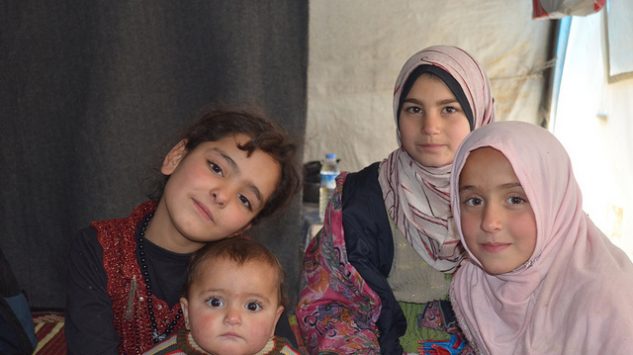Issue Briefs

Part 6:
What’s Next, in a Few Words
Abdulrahman Y. Idlbi
If you want to open a school, whether in a refugee camp or not, you don’t have to take a trip similar to the one I had. Just throw a bunch of kids in a room with an adult, a curriculum and a black board, and you’ll be probably fine.
However, if you want to empower these kids as learners, that’s a totally different story.
When I started communicating with volunteers working with kids in refugee camps, one of them told me the kids wanted to go to school badly. My immediate thought was “Are you kidding me?” I spent most of my life in the same country as those kids, and went to a relatively good school in the same educational system, and no normal kid liked to go to school 🙂 Those kids wanted to go to school, but that wasn’t because it was the School. That was because it was the only community they knew where they could meet their peers and do some activity. Similar misconceptions dominate our discussion about education, schooling and meeting the children’s needs.
In a world that’s rapidly changing, the School is already falling behind in preparing the kids for the future. For refugee kids, the challenge is much harder. They’re already living in uncertainty, and it doesn’t make sense to meet their unconventional needs with conventional solutions.
These are supposed to be a few words, so I’ll save discussing the alternatives for another time (I don’t have fully-developed ones anyway). This’s an invitation for those working with these kids to start asking the right questions. We’ll build the right solutions together.
– End –
Abdulrahman Y. Idlbi is a consultant and researcher focusing largely on creative learning activities and environments for youth, especially in the context of the Syrian revolution. He provides consultation on educational technology, the design of learning spaces, and education for refugee children.
Abdulrahman holds a master’s in Media Arts and Sciences from the MIT Media Lab where he worked with the Lifelong Kindergarten group and was a member of the team developing Scratch: a programming language, environment and community designed for children to express themselves creatively.
Before joining the Media Lab, Abdulrahman worked in Syria and Saudi Arabia in designing and implementing various programs for young people to learn and create in different contexts, including school, after-school and summer programs.
The views and opinions expressed in this issue brief are those of the authors and do not necessarily reflect the policy of GPI.